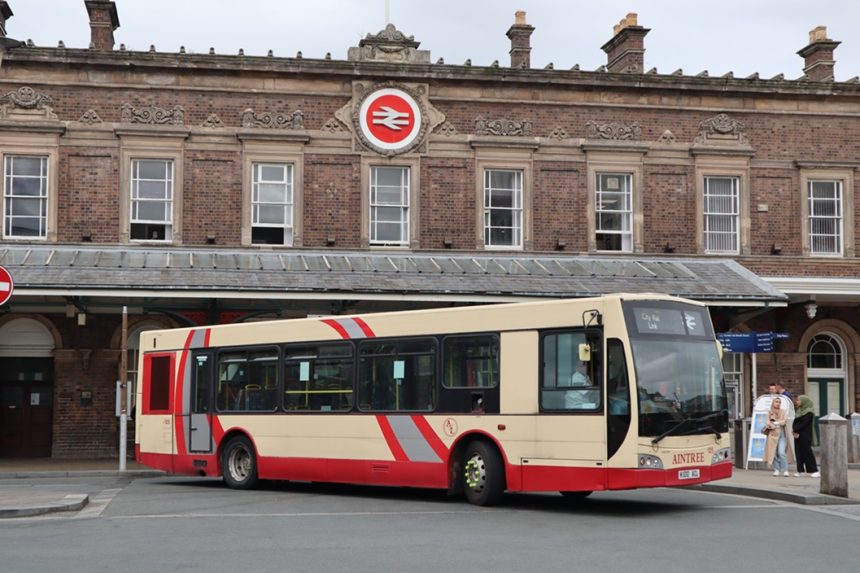Integration is something of a holy grail, but often without an explanation of what it means. Is it a focus on bus meeting train, joint operator ticketing or multimodal ticketing, or all the above?
Actually, I should add train meeting train, because perverse incentives now mean that timekeeping on a local rail service is more important than a delay to allow a connection. The geographical extent of integration is also an issue, with limitations to local authority boundaries.
Practical problems abound. One main issue is that, over time, the commercial centre of towns and cities has moved away from railway stations. Sending buses via the station may be desirable, but it can result in 90% of passengers having a longer and slower trip to benefit a minority that are using trains.
How often do we hear ‘They should move the bus station to the railway station’ when actually, the buses are fine as they are next to the shops?
Then there is resource cost. We did a study recently of a village somewhat remote from its railway station, served by a single (tendered) bus service. The potential for it to connect with trains in two directions as well as provide a school trip and links to the market town was limited. Insoluble without a second bus, which was unaffordable.
Fares and tickets are a different kettle of fish. The UK approach to multimodal pricing is inconsistent (some might say incoherent).
In some areas, the same ticket includes things on rails at no extra cost. In others, adding tram or train travel brings significant additional expense. The Welsh aim to harmonise everything, but I cannot help feeling that financial reality may intervene.
Was it really 2011 when the Competition and Markets Authority report berated those local transport authorities without multi-operator ticketing?
If I remember rightly, it also criticised the focus on technological solutions instead of ‘getting on with it’ and starting with a paper ticket. Think how long the Wayfarer has been on the go in Derbyshire and surrounds (the ‘and surrounds’ is important here). Now it has to be ‘high-tech’, or even (heaven forfend), still a smartcard.
In the next few years, we seem set for conjoined ‘integrated’ transport networks in Merseyside, Greater Manchester, West Yorkshire, and South Yorkshire. Would I suffer if I lived in Hebden Bridge and travelled west? Who sets the fare? How much will those four ‘islands’ integrate with each other?



























